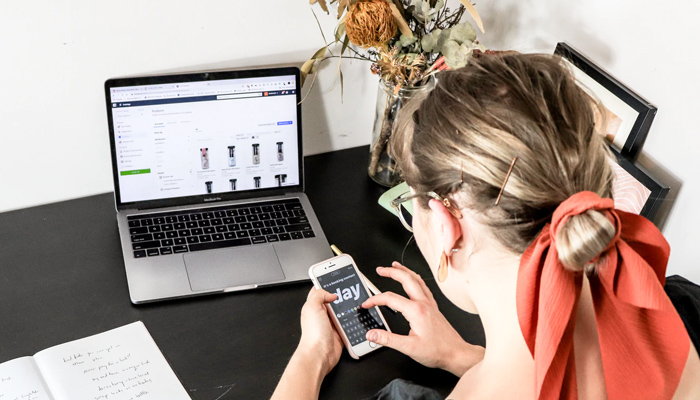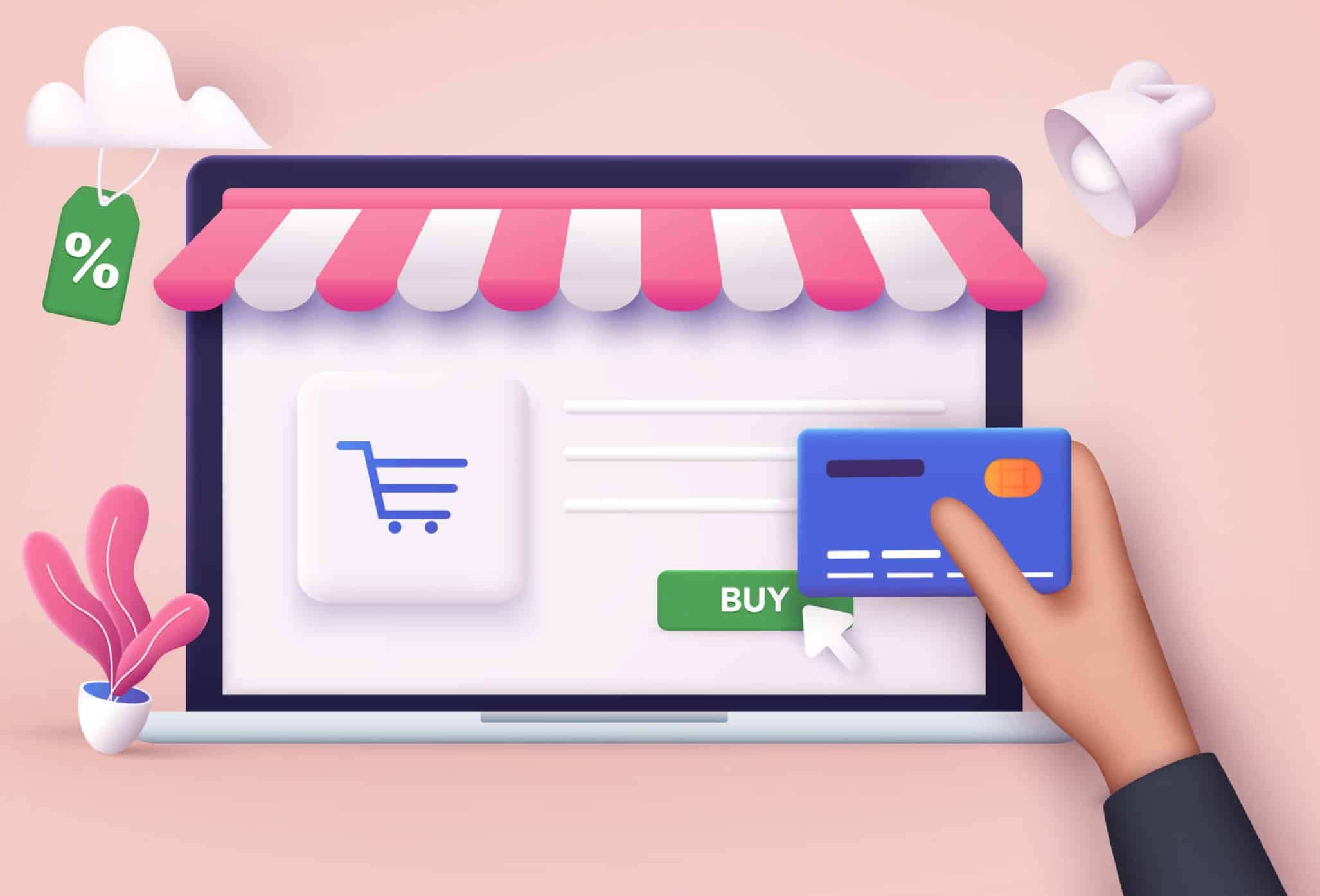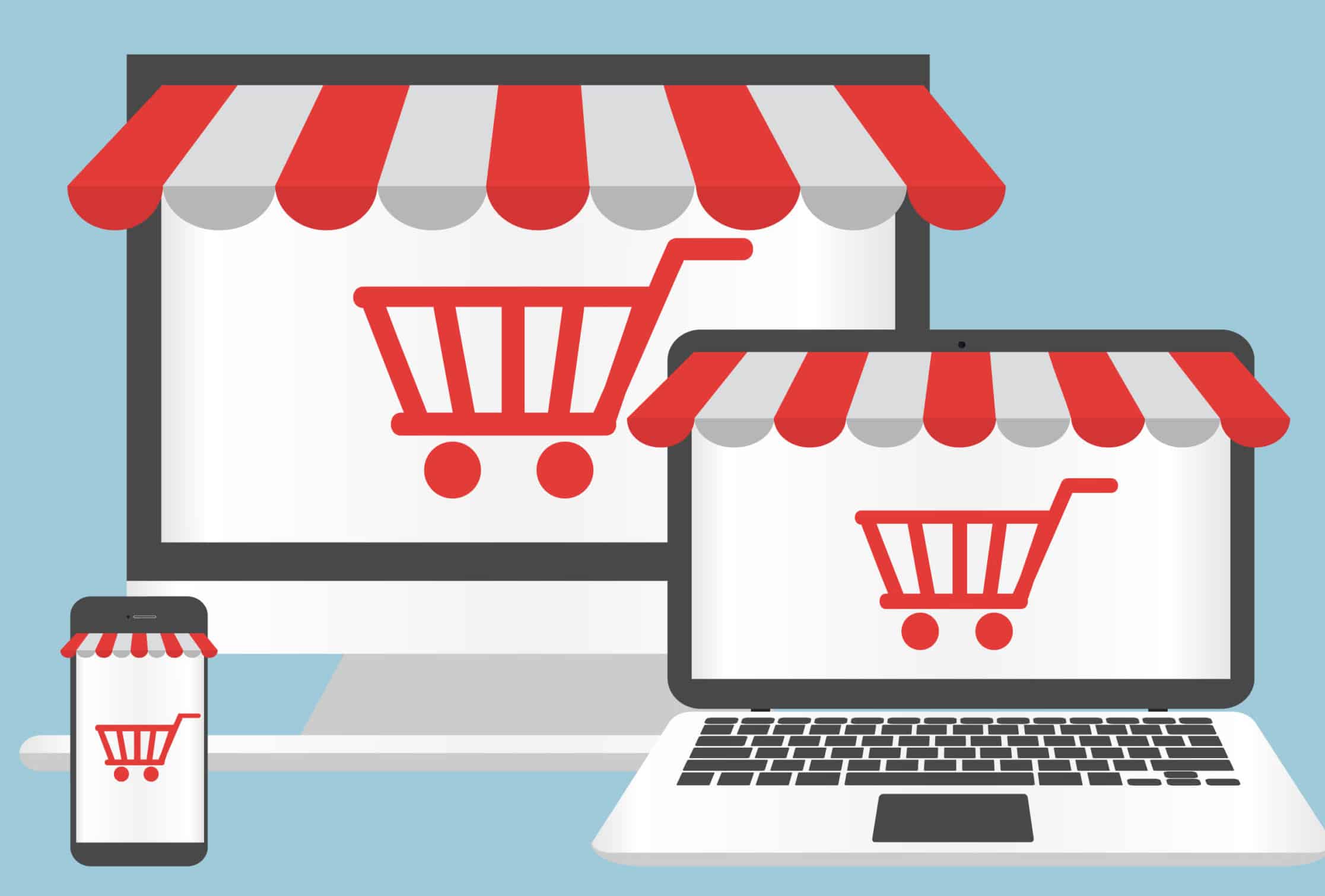Guest Post by Ankush Mahajan
Coronavirus has infected millions of people to-date globally. Amid the pandemic as global economies experience a decline in per capita output, businesses face tough choices with unprecedented levels of uncertainty. According to the World Bank forecasts, COVID-19 will plunge the global economy into the worst recession since world war II. This crisis is unlike anything the world has ever seen.
From retail stores to other small-medium sized businesses (SMBs), the pandemic has pushed everyone overnight to find out ways to list products online. While some businesses created websites for the first time others that still sell from physical locations adopted prepaid invoices and contactless payment options. Technology adoptions that usually take years, happened in weeks.
Societal trends and consumer behavior towards online channels have changed drastically and are likely to continue post-pandemic. Several retailers that recently shifted their businesses online are experiencing a peak in demand. While the revenue may still not be enough to cover lost retail sales due to closure, it is still a great start for many. And, if SMB retailers are bold enough to make a timely investment in starting an eCommerce marketplace like Amazon, they may register a successful transition from the physical world to the new eCommerce reality.
Covid-19 Fostering Retailers Expansion in E-Commerce
Overnight closure of retail stores and with no real option to do business in-person anymore, eCommerce became the only viable alternative. COVID-19 has forced SMB retailers to invest money in implementing new retail solutions fostering expansion into eCommerce sooner than expected. A recent survey by Software Advice on 200 brick-and-mortar retailers found that nearly a quarter of these retailers launched an eCommerce store due to the pandemic.
While the eCommerce industry was already growing prior to the pandemic, COVID-19 if anything has stimulated growth. According to a report from Twilio, the coronavirus has accelerated businesses’ digital communication strategy by nearly 6 years. Seeking new ways to communicate and engage with customers, every 1 in 3 surveyed companies started using live chat and interactive voice response (IVR) features for the first time due to COVID-19.
Also, retailers increased usage of their existing digital channels, if any. For instance, the use of live chat feature was boosted by 52%, video communications by 46%, and texting (SMS) by half. Furthermore, nearly 4/5th of surveyed companies responded that COVID-19 increased their budget for digital transformation.
COVID-19 has propelled focus on omnichannel communications, adding new eCommerce technology channels for SMB retailers amid the pandemic.
Popular Retail solutions Accelerating Digital Transformation
In the pre-pandemic era, the majority of retailers were slow to adapt to the realities of mobile and internet. Since the COVID-19 crisis, all operations have been disrupted as businesses are forced to accelerate their digital transformation. New retail solutions are being adopted as retailers look to survive amid the crisis. Below we’ve highlighted popular retail solutions fostering retailers expansion into eCommerce:
Contact Less Payments
While there is no clear evidence as per health experts that the coronavirus transmits through cash or credit card, still as precaution retailers are rolling out a variety of no-touch payment options online and in-store. A recent survey by the National Retail Federation found that nearly 67% of surveyed retailers accept some form of no-touch payments. In a bid to keep safe and healthy during the coronavirus crisis, consumers are increasingly adopting contactless payments as we see a 5.4% increase in first-time users.
Despite cost and security concerns, digital payments are expected to register 15.3% year-over-year growth in 2020. As consumers embrace contactless and mobile payments for all orders (online and in-store), it will become the new norm even after the pandemic.
Buy online and pick up in-store (BOPIS)
Amid efforts to curb the coronavirus spread, BOPIS has become a valuable choice for customers. According to Adobe Analytics, curbside pickups at retail stores increased by 208% between April 1 and April 20 this year. While companies like Target have offered pick-up at store locations for all BOPIS orders, others like Best Buy (with stores closed because they are deemed non-essential) have offered pick-up at certain locations.
As stores reopen around the globe, the demand for curbside pickup remains strong and is likely to stay even after the pandemic.
Contactless delivery
According to a recent survey by Statista, nearly 37% of US respondents used a contactless delivery method closely followed by BOPIS at 29% in May 2020. This has become a new norm for the majority of consumers, especially since the pandemic.
While many restaurants and physical stores have started to reopen, consumers are still hesitant to visit on-premise. They are more comfortable in a contactless delivery when ordering online as they’ve tasted convenience. Contactless order fulfillment ensures safety for consumers and delivery personnel while making the process faster, accurate, and more enjoyable for consumers.
Drone delivery
What felt like an illogical science-fiction delivery method, suddenly became a logical solution in the age of coronavirus. The idea of drone delivery over possibly-infected delivery personnel makes a lot of sense. Drone pilot programs have been in place in major cities for some time now. For instance, Wing – Alphabet’s drone delivery service that works with FedEx and Walgreens has been in service since fall. Drone deliveries are safe and can deliver packages within minutes although they’ve limited carrying capacity per order. Still, Wing claims that the volume of deliveries has almost doubled amid the pandemic.
Moreover, SMB retailers are also benefiting from new technology solutions. For instance, Mockingbird Cafe and Bakery – a small retailer in Christiansburg reportedly sold over 50% more pastries thanks to the drone deliveries. With more companies testing drone delivery operations, it can become a great choice for fulfilling online orders safely and successfully.
Delivery robots
Robots weren’t a feasible delivery option for retailers, until recently. Now, with the ongoing pandemic, most retailers are forced to adapt to new alternatives and technologies. For instance, The Broad Branch Market – a grocery store outside of Washington, D.C started delivering goods to neighbors using four 45-pound robots as part of beta testing with the company Starship. The delivery service is free and it takes less than 30 minutes for orders to be delivered.
Starship is a renowned firm that has been running a robot delivery service for over 2 years in Milton Keynes with 100,000+ successful deliveries. As shoppers opt for these alternatives, delivery robots are likely to stay even after the pandemic. This is a welcome move for most retailers as they look to fulfill online deliveries safely, accurately, and without any hassle.
Omni-channel selling
In the wake of the pandemic to keep the conversion rates up, most retailers are becoming creative with their omnichannel selling approach. They are focusing specifically on optimizing the shipping strategy for all orders. Nykaa, for instance, a beauty and cosmetics products retailer converted its physical stores (with large amounts of inventory) into mini-warehouses for hyperlocal deliveries. This allowed Nykaa to fulfill all online orders and record a significant turnover even during the pandemic.
Amid forced closure of retail stores, restaurants, and bars for the general public, most retailers have adopted this omnichannel selling approach for the greater good.
Conclusion
Driven by the change in consumer behavior due to coronavirus, retailers are keenly investing in new technologies and solutions that sustain growth. The pandemic has accelerated their adoption of digital eCommerce solutions sooner than expected. As retailers look for a one-stop ecommerce solution to embrace changes in consumer habits, Yo!Kart can help. The Platform has enabled hundreds of budding entrepreneurs and non-profit organizations, kick-start their businesses safely and remotely amid the pandemic.
As COVID-19 continues to impact SMB retailers and businesses severely, expanding into eCommerce while adapting to new retail solutions is the only feasible approach. It helps retailers transform to eCommerce reality with minimal hassle.



